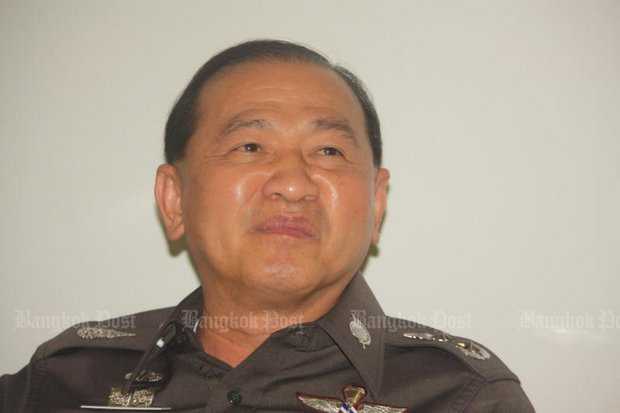
The National Reform Steering Assembly (NRSA) has voted in favour of short and long-term recommendations for online media reform, including tighter regulations over content.
The recommendations were contained in a report drawn up by its reform panel focusing on social media.
The assembly members took to the floor Monday to debate the proposals put forth in the report which was eventually approved by a vote of 144-1.
Pisit Pao-in, deputy chairman of the NRSA, said reform was needed as the mainstream media has presented news via online platforms in a sensationalist manner which has often led to criminal suspects being glorified.
He said the report introduces short-term reform measures to be implemented in the next two years. One of them is stricter rules regarding the compulsory registration of mobile phones.
The panel has recommended that owners of mobile phone numbers be required to have their fingerprints and faces scanned. The fingerprint and facial details will then be submitted along with other registration documentation.
Also, the panel suggested that a centre be established to manage mobile phone ownership and also a user database to allow easy tracking by authorities in case of security violations.
Content delivery networks and caching servers based in Thailand and operated by foreign-owned online media outlets are also required to be registered with the National Broadcasting and Telecommunication Commission (NBTC).
Records of information exchanged online should be collected as they might come in handy in case they need to be examined by the NBTC or checked in criminal investigations, the panel says. An NBTC examination will be conducted through close coordination with the Ministry of Digital Economy.
The report also says providers of foreign-based online services be taxed. A similar tax measure should also be imposed on online advertising and trade with the Revenue Department in charge of taxation, according to Pol Maj Gen Pisit.
Regarding long-term reform measures for online media, the panel agreed that projects be put in place that are consistent with the 20-year national strategy plan.
These projects include forging a code of ethics in the use and operation of online media and educating online media users to raise awareness of potentially dangerous content on websites.
Also, legal measures will be enforced against owners of foreign-owned online outlets, such as YouTube and Facebook, which produce or spread illegal content, such as content about children or youths who are victims of abuse or violence.
Kasit Piromya, an NRSA member, said one of the obstacles to regulating online content was servers not based locally since Thailand holds little negotiating power over tech giants such as Google.
Cooperation from the private sector would be vital in pushing through tighter regulations, he said, adding he felt the report was missing crucial points needed to address problems associated with the use of social media.
Another NRSA member, Gen Lertrat Rattanawanich, said the proposed requirement for fingerprint and facial recognition to be submitted for mobile phone registration could be a violation of human rights principles.
He said existing phone registration, which requires only a citizenship ID card of the owner to be produced, was already sufficient.
Gen Lertrat also said the proposed data centre would eat up a large chunk of the budget and there was no guarantee it would be worthwhile.